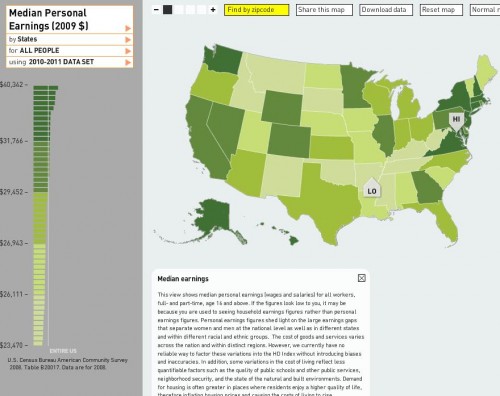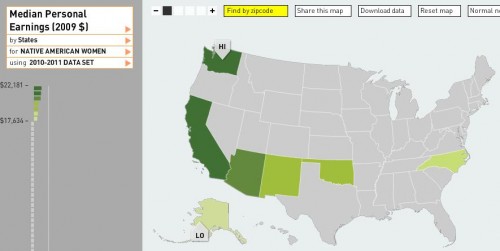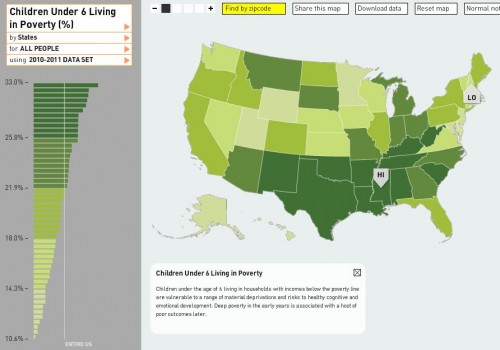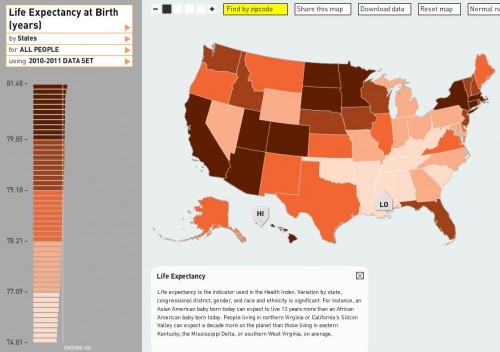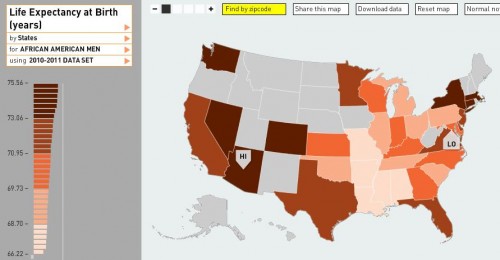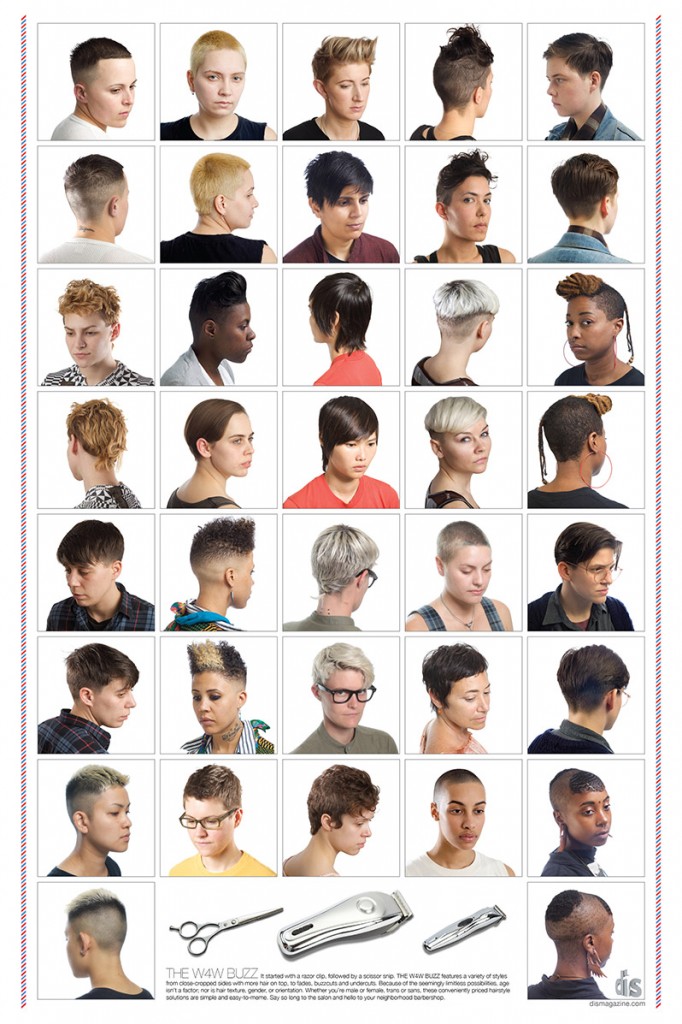In 2010, as a matter of free speech, the United States Supreme Court decided that there can be no limits on corporate spending on advertisements in favor of a political candidate (Citizens United v. Federal Election Commission). Open Secrets produced two figures revealing the rise in “outside spending” (i.e., non-party spending) showing the rise.
Total outside spending:

Outside spending for liberals and conservatives:
Open Secrets explains:
…the 2004 election marked a watershed moment in the use of independent expenditures to try to sway voters, with most of that new spending coming from the national party committees. The 2010 election marks the rise of a new political committee, dubbed “super PACs,” and officially known as “independent-expenditure only committees,” which can raise unlimited sums from corporations, unions and other groups, as well as wealthy individuals.
Hermes’ Journeys editorializes:
You can see that liberals slightly outspent conservatives every election since 1996. Except for this year, when quite suddenly a mysterious flood of funding caused conservative campaign coffers to skyrocket, DOUBLING what liberals could muster. Was this the result of concerned right-leaning citizens becoming active in politics and making individual donations? Of course not, it was profit-minded corporations…
…enabled, if I may finished HJ’s sentence, by the recent court decision.
Lisa Wade, PhD is an Associate Professor at Tulane University. She is the author of American Hookup, a book about college sexual culture; a textbook about gender; and a forthcoming introductory text: Terrible Magnificent Sociology. You can follow her on Twitter and Instagram.




